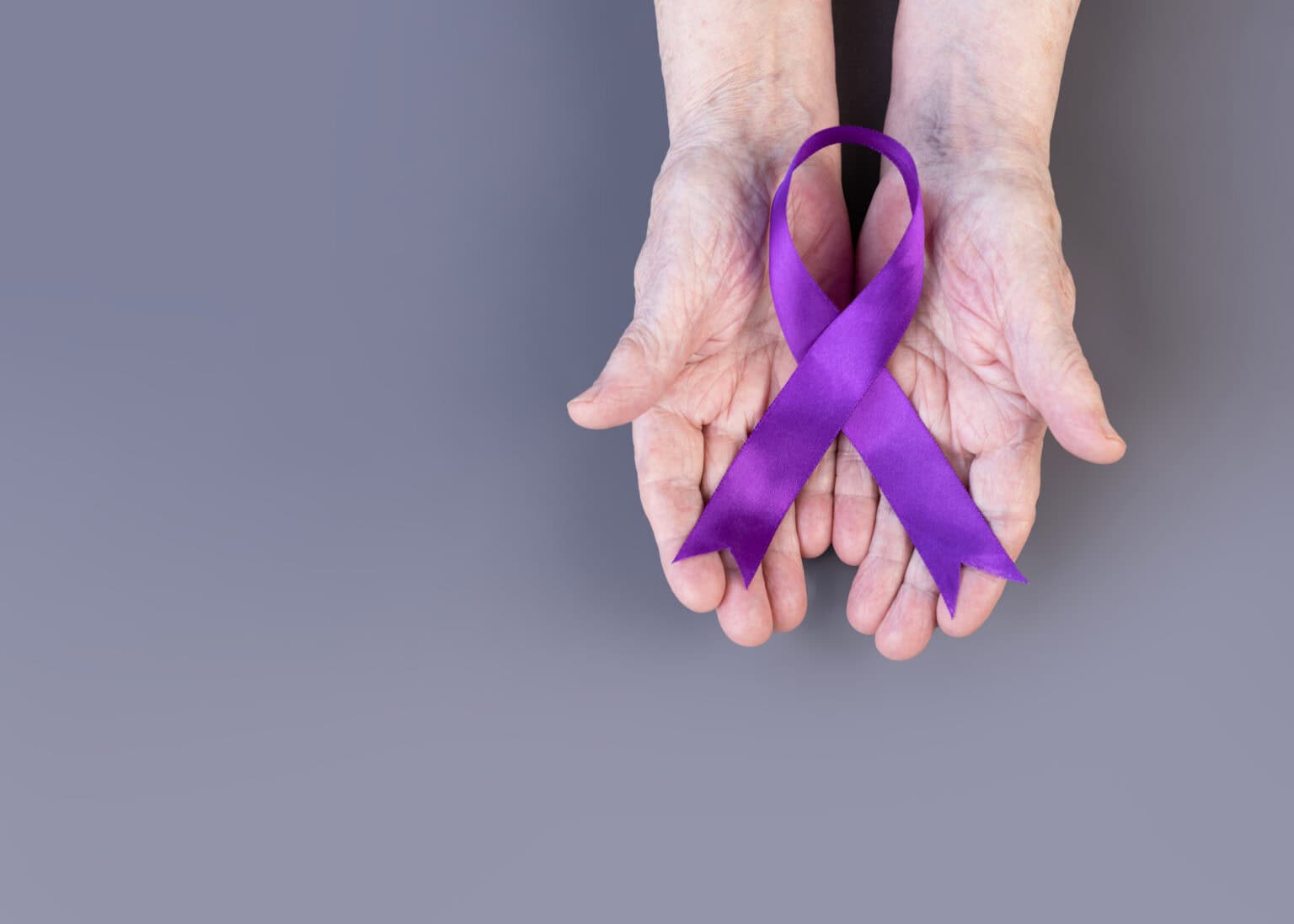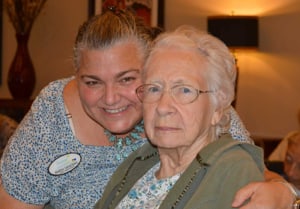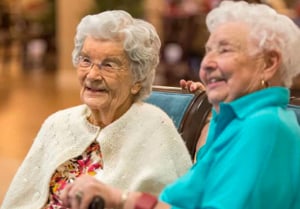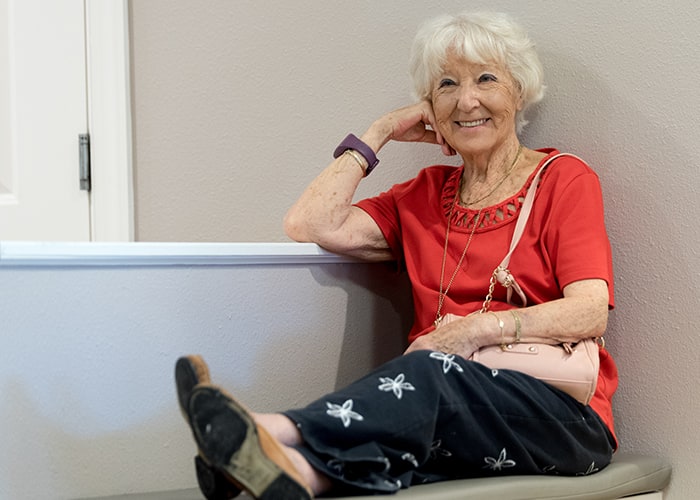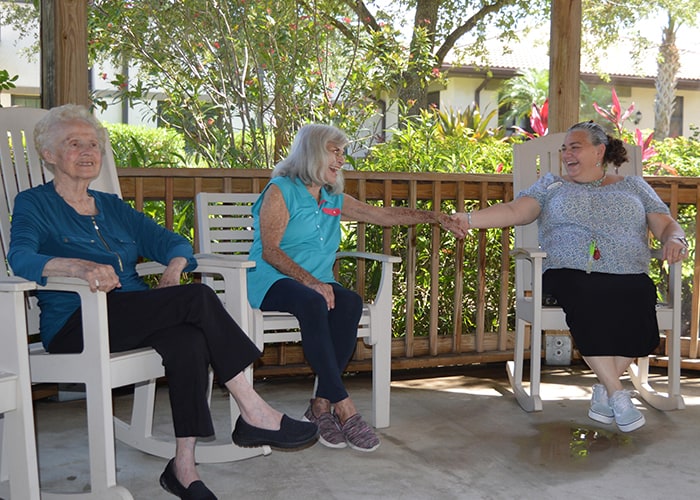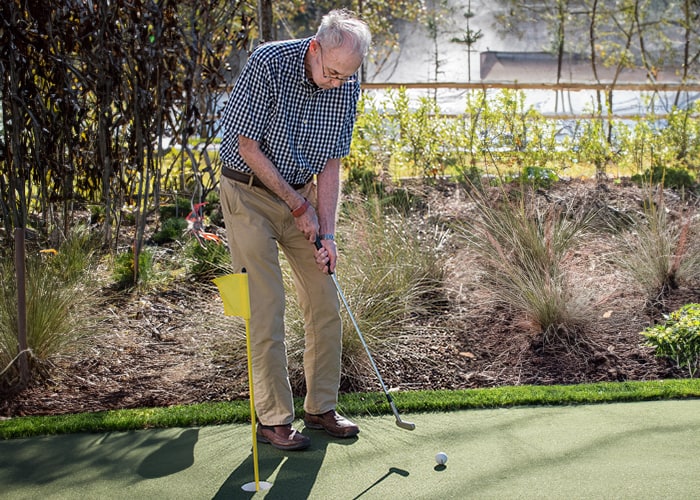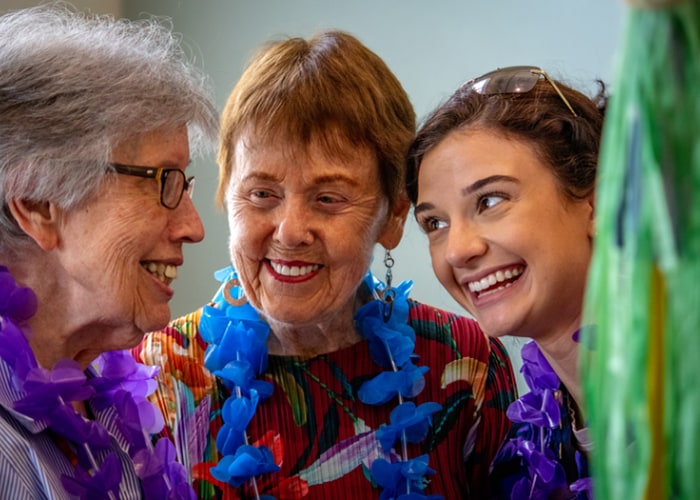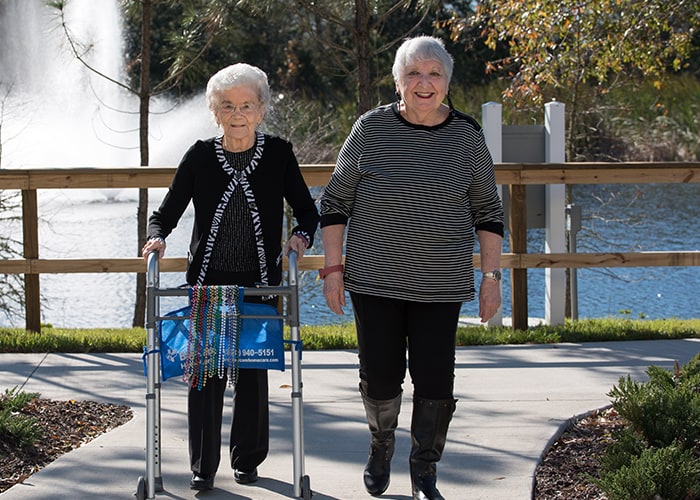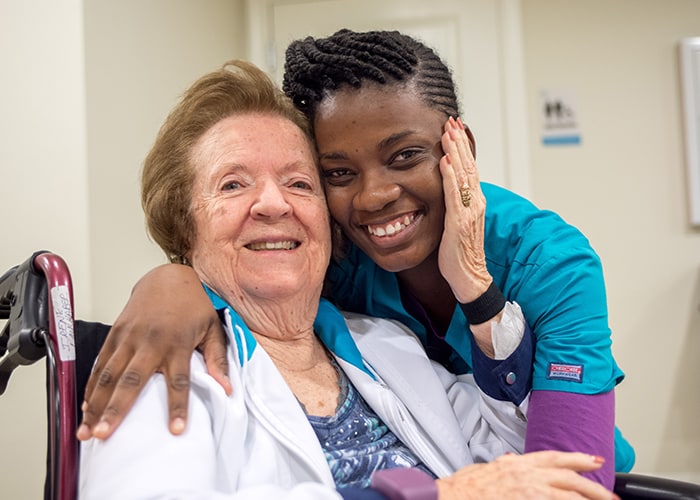Shining a Light on Dementia
In the month of June, we direct our attention and efforts towards Alzheimer’s and Brain Awareness Month. This is a crucial period for raising awareness and understanding about Alzheimer’s disease and other forms of dementia that affect the brain. By shining a light on these conditions, we can educate ourselves and others about the signs, symptoms, and preventive measures associated with them.
The Complexity of Alzheimer’s Disease
Alzheimer’s disease is a complex and progressive neurodegenerative disorder that has a profound impact on various aspects of cognitive function, memory, and behavior. It is the most common form of dementia, accounting for approximately 60-80% of all dementia cases. The underlying cause of Alzheimer’s is the accumulation of abnormal protein deposits in the brain, leading to the loss of nerve cells and neurotransmitters, ultimately affecting brain function.
Research has revealed that Alzheimer’s is not only a disease of memory impairment but also affects thinking, problem-solving, decision-making, and overall cognitive abilities. It can also have a significant impact on behavior, including changes in personality, mood fluctuations, and increased irritability. These aspects of the disease can make day-to-day life challenging for both the individuals affected and their caregivers.
Important Facts About Alzheimer’s Disease
To fully comprehend the significance of Alzheimer’s and Brain Awareness Month, it is vital to understand the impact of this disease on individuals and society as a whole. Here are some key facts about Alzheimer’s disease:
- Leading Cause of Death: Alzheimer’s disease currently stands as the sixth leading cause of death in the United States. The disease’s debilitating nature and its impact on various bodily functions contribute to its status as a significant public health concern.
- Growing Prevalence: More than 5 million Americans are currently living with Alzheimer’s disease, with estimates showing that this number will continue to rise as the population ages. It is predicted that by 2050, the number of individuals diagnosed with Alzheimer’s in the US could reach 14 million, making it even more imperative to address this growing healthcare challenge.
- Caregiver Burden: Alzheimer’s not only affects the individuals living with the disease but also places a tremendous emotional, physical, and financial burden on family members and caregivers. The responsibilities involved in providing care for someone with Alzheimer’s can take a toll on their well-being and can have a significant impact on their lives, potentially leading to feelings of caregiver burnout.
Prevention and Early Detection: The Key to Battling Alzheimer’s
While there is currently no cure for Alzheimer’s disease, research has shown that certain lifestyle choices may help reduce the risk of developing the condition or slow down its progression. These lifestyle factors include:
- Physical Activity: Engaging in regular physical activity, such as walking, swimming, or participating in exercise classes, has been associated with a reduced risk of cognitive decline and may help improve overall brain health.
- Healthy Diet: Adopting a nutritious and balanced diet, rich in fruits, vegetables, whole grains, lean proteins, and healthy fats, may help protect against Alzheimer’s disease. The Mediterranean diet, in particular, has shown promising results in reducing the risk of cognitive decline.
- Mental Stimulation: Keeping the brain active and engaged through activities such as reading, puzzles, learning new skills, or engaging in hobbies may contribute to maintaining cognitive function and reducing the risk of cognitive decline.
- Medical Conditions Management: Proper management of chronic conditions like diabetes, high blood pressure, and high cholesterol is crucial, as these conditions can increase the risk of developing Alzheimer’s disease. Regular medical check-ups, medication adherence, and lifestyle modifications can help reduce these risks.
Early detection of Alzheimer’s disease is essential for accessing appropriate medical care, support services, and available treatments. Recognizing the early signs and symptoms can help individuals and their families plan for the future, access necessary resources, and make informed decisions about caregiving and treatment options.
Common warning signs of Alzheimer’s include:
- Memory loss that disrupts daily life, such as forgetting recently learned information, important dates, and events, or relying heavily on memory aids and reminders.
- Challenges in planning or problem-solving, including difficulties following familiar recipes, managing finances, or completing familiar tasks.
- Confusion with time or place, such as getting lost in familiar surroundings, losing track of dates or seasons, or having difficulty understanding the order of events.
- Changes in mood or personality, including increased irritability, agitation, withdrawal from social activities, depression, or uncharacteristic changes in behavior.
If you notice any of these signs in yourself or a loved one, it is important to consult a healthcare professional for a proper evaluation and diagnosis.
Getting Involved: Making a Difference
Alzheimer’s and Brain Awareness Month provides an ideal opportunity for individuals to get involved and make a difference. Here are some ways you can contribute:
- Learn: Educate yourself and others on the complexities of Alzheimer’s disease, dementia, and brain health. Share accurate information to dispel myths and misunderstandings surrounding these conditions.
- Participate: Take part in local events, initiatives, and fundraisers dedicated to raising awareness and funds for Alzheimer’s research, support services, and caregiver resources. Join walks, runs, or other activities that aim to unite people in the fight against Alzheimer’s.
- Volunteer: Offer your time and compassion by volunteering at Alzheimer’s care facilities, memory support centers, or organizations focused on supporting individuals and families affected by dementia. Your presence and support can make a substantial difference in their lives.
- Advocate: Be an advocate for increased funding for Alzheimer’s research and support services. Write letters to your local representatives, share your experiences with Alzheimer’s, and urge them to prioritize this issue on a legislative level.
- Support: Reach out to individuals and families affected by Alzheimer’s disease, offering your empathy, understanding, and support. Simple gestures like listening, offering respite care, or providing a helping hand can make a significant impact.
By collectively raising awareness, supporting research, and providing compassionate care, we can make a positive impact on the lives of individuals and families affected by Alzheimer’s and other dementias. Let’s join forces this June and beyond, shining a bright light on Alzheimer’s and brain health awareness, with the ultimate goal of finding a cure and supporting those who are navigating the challenges of Alzheimer’s disease.
Find Exceptional Alzheimer’s Care at Inspired Living
If you or a loved one is in need of specialized care and support for Alzheimer’s disease, Inspired Living is here to help. Our dedicated memory care program is designed to provide personalized care, engagement, and a safe environment for individuals living with Alzheimer’s. At Inspired Living, we are committed to enhancing the quality of life for individuals living with Alzheimer’s and their families. Rest assured that your loved one will receive the highest level of care and support in our secure and compassionate community. Contact Inspired Living today and discover how our specialized Alzheimer’s care can bring peace of mind to you and your family.

